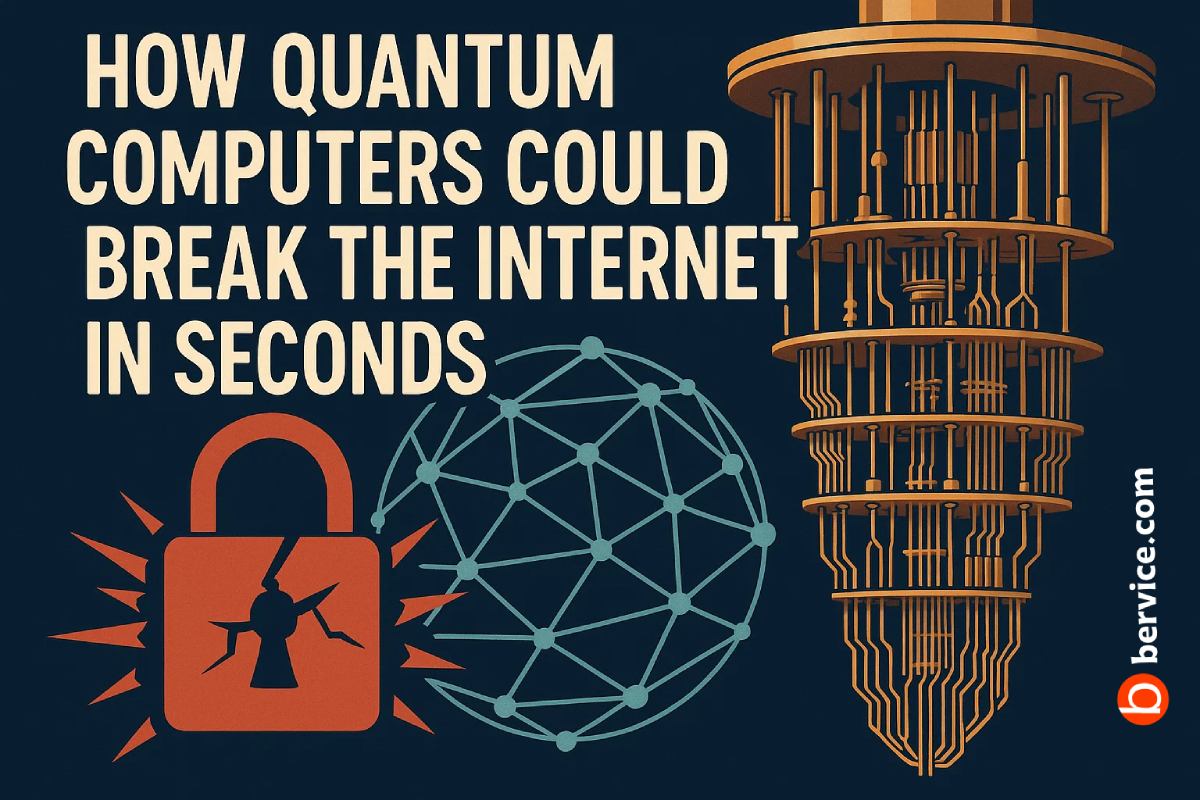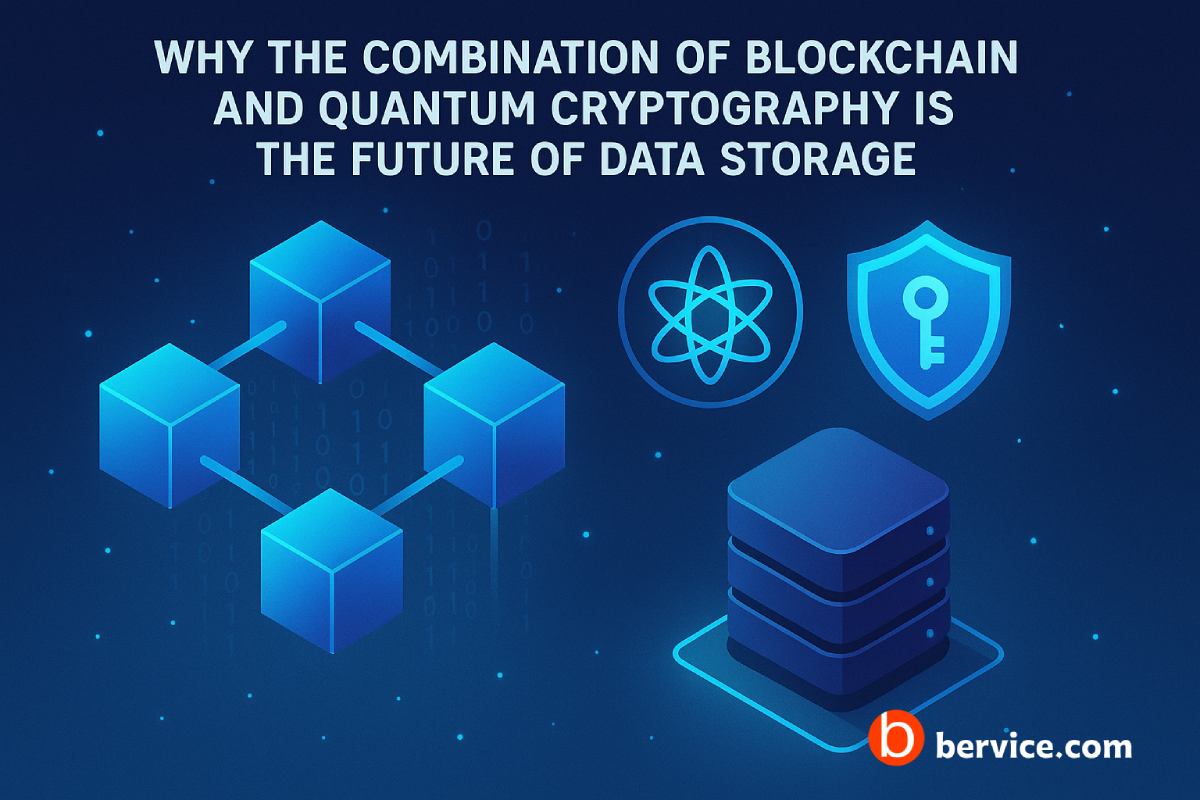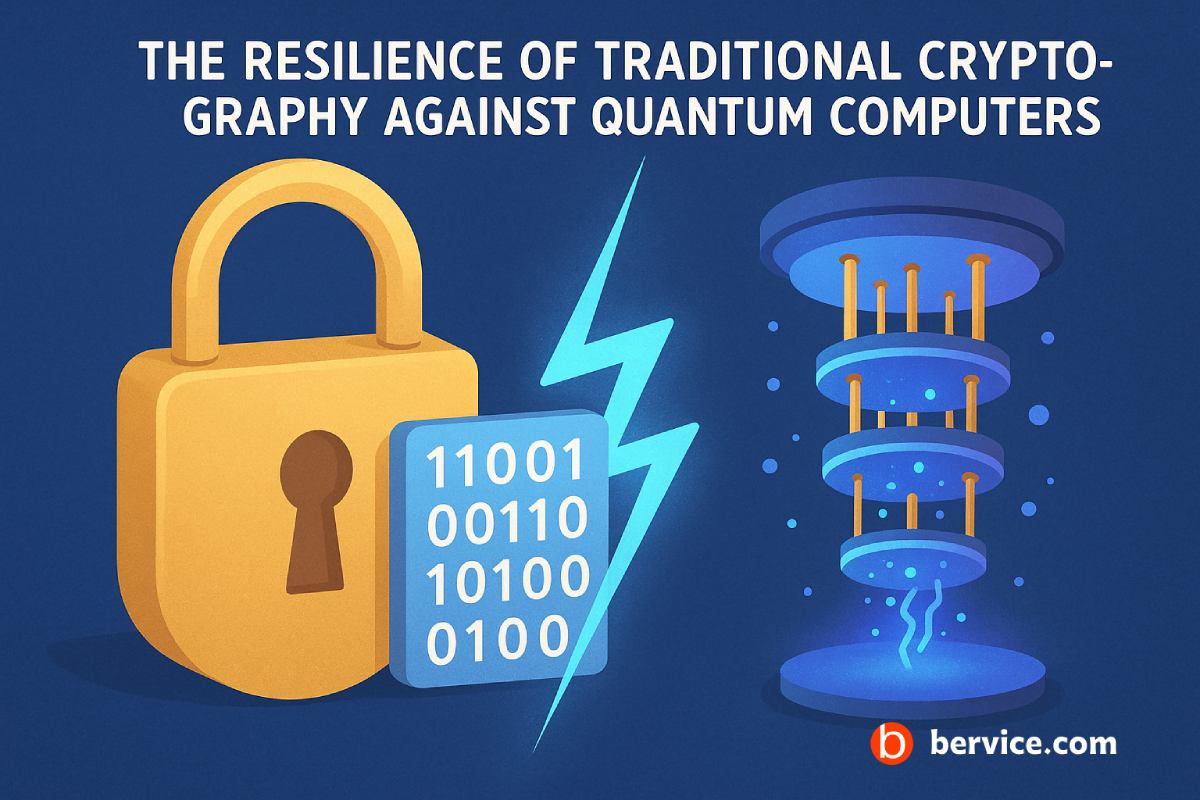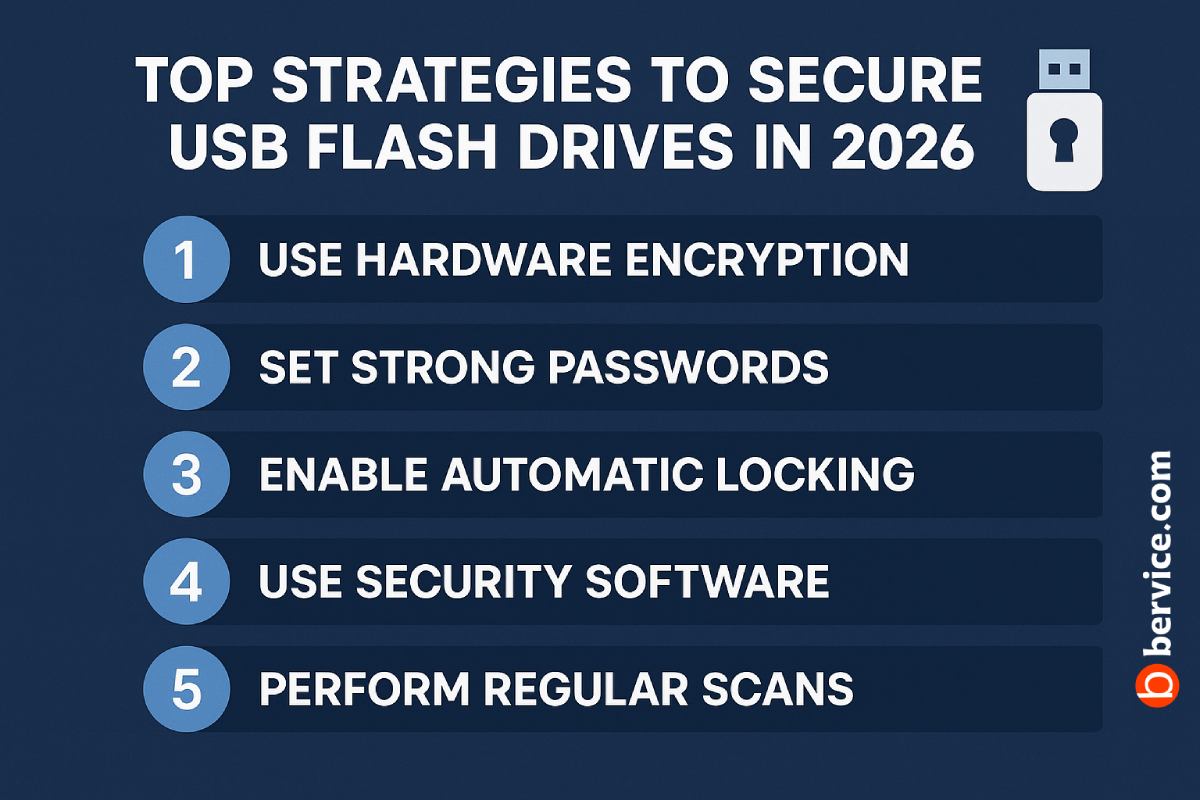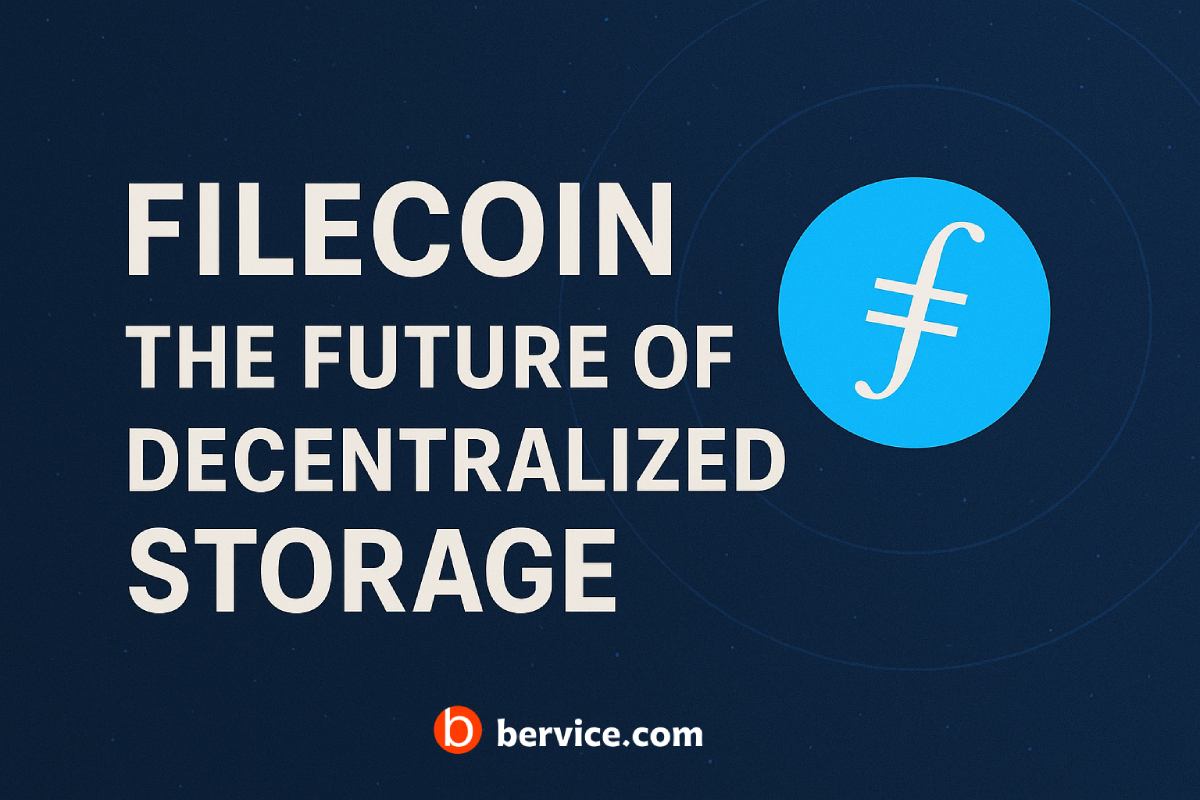
In an age where data privacy is becoming increasingly vulnerable to cyberattacks, centralized server breaches, and surveillance, the world is moving toward a revolutionary paradigm: secure communication without intermediary servers or the risk of eavesdropping. This emerging model is being shaped by the fusion of two groundbreaking technologies — blockchain and quantum computing — each addressing distinct yet complementary aspects of trustless security and computational power.
The Problem with Centralized Communication Models
Today, most internet-based communications pass through centralized servers owned by corporations or governments. Even with end-to-end encryption, the metadata, routing paths, and sometimes decrypted data remain accessible to intermediaries. These servers are also vulnerable to man-in-the-middle attacks, DNS poisoning, and data leaks.
As concerns over mass surveillance, censorship, and state-sponsored cyber espionage grow, there is a global push for systems that eliminate the need for centralized trust altogether — making data truly private, sovereign, and tamper-proof.
Blockchain: Decentralized Trust and Tamper-Proof Communication
Blockchain technology provides an ideal foundation for a trustless communication network. By decentralizing data storage and verification through distributed ledgers, blockchain removes the need for a central authority to mediate, store, or authenticate communications. Each message can be hashed, timestamped, and optionally stored immutably across a peer-to-peer (P2P) network.
Protocols such as Whisper (Ethereum), Matrix, or IPFS with libp2p are already exploring decentralized messaging and content delivery. Combined with smart contracts, users can define rules for automated authentication, access control, and even self-destructing messages, all without depending on centralized APIs or data centers.
Quantum Computing and Post-Quantum Cryptography (PQC)
While blockchain secures data on a structural level, quantum computing is redefining how we secure the mathematical backbone of that data — cryptography. Classical encryption schemes (RSA, ECC, etc.) are at risk of being broken by quantum algorithms such as Shor’s algorithm, which can factor large primes exponentially faster than classical computers.
To counter this, post-quantum cryptography (PQC) and quantum key distribution (QKD) are emerging. In PQC, cryptographic algorithms are designed to withstand quantum attacks. Meanwhile, QKD uses quantum physics itself to generate and distribute keys — any eavesdropping attempt collapses the quantum state, alerting the parties and rendering the attack futile.
When these are integrated into blockchain-based messaging platforms, users can exchange quantum-secure keys over decentralized networks, eliminating both server dependence and encryption vulnerabilities.
A Glimpse Into the Future: Serverless, Unbreakable Messaging
Imagine a system where:
- Each message is routed peer-to-peer through a blockchain-integrated protocol.
- Authentication and verification happen via smart contracts and decentralized identifiers (DIDs).
- Encryption keys are exchanged using quantum-resistant protocols.
- Messages are stored temporarily (or permanently) on IPFS or similar decentralized storage — accessible only with the recipient’s private key.
Such a system would be immune to eavesdropping, censorship, and data manipulation. It could serve whistleblowers, journalists, activists, and enterprises handling highly sensitive data — all without involving a single centralized intermediary.
Conclusion: Redefining Trust in the Information Age
The convergence of blockchain decentralization and quantum-secure encryption is ushering in a new era of private, resilient communication. As these technologies mature and become more accessible, they promise to dismantle the current reliance on vulnerable intermediaries — replacing it with a network of trustless, serverless, and cryptographically unbreakable communication.
This future is not decades away prototypes and early implementations are already underway. As quantum computing and decentralized protocols continue to evolve, the dream of absolute data sovereignty is rapidly becoming a reality.
Connect with us : https://linktr.ee/bervice
